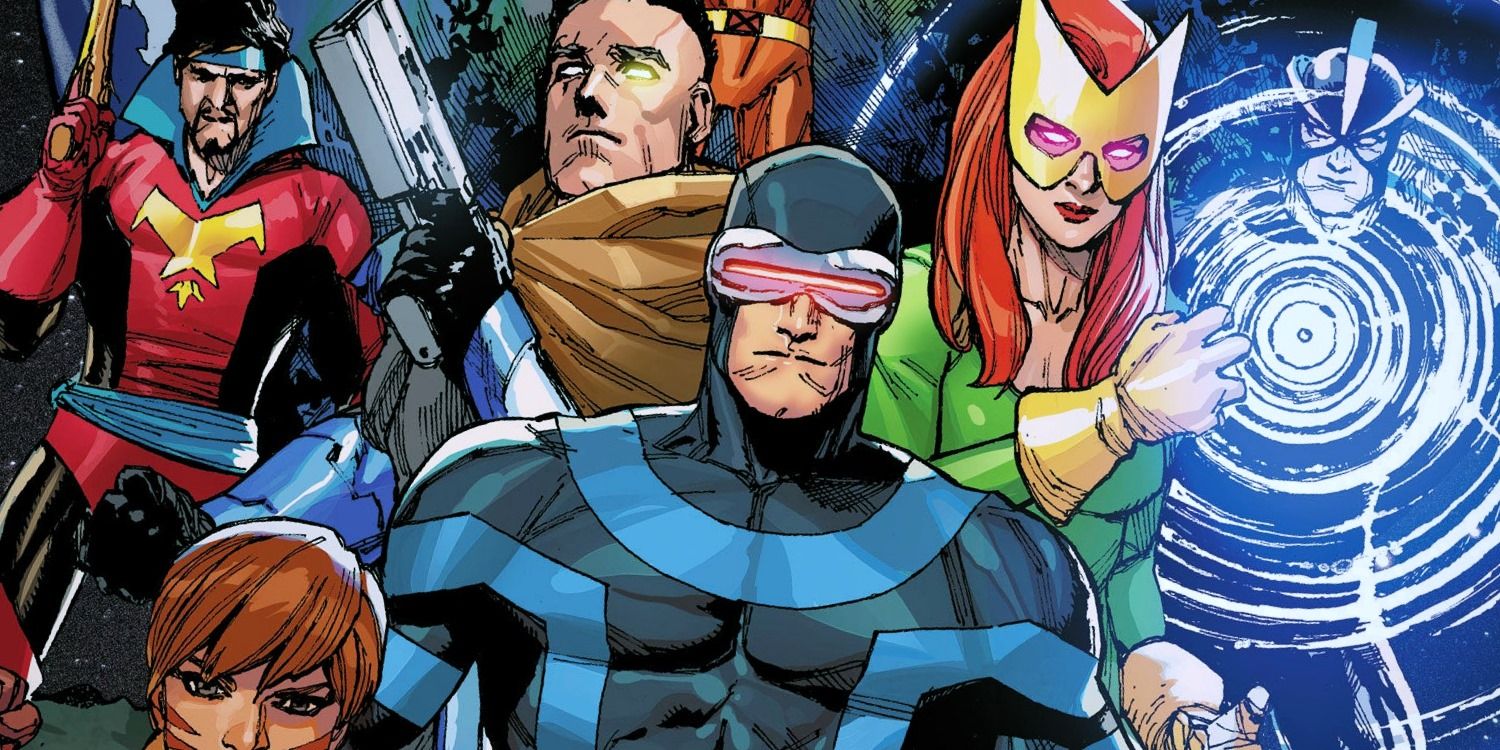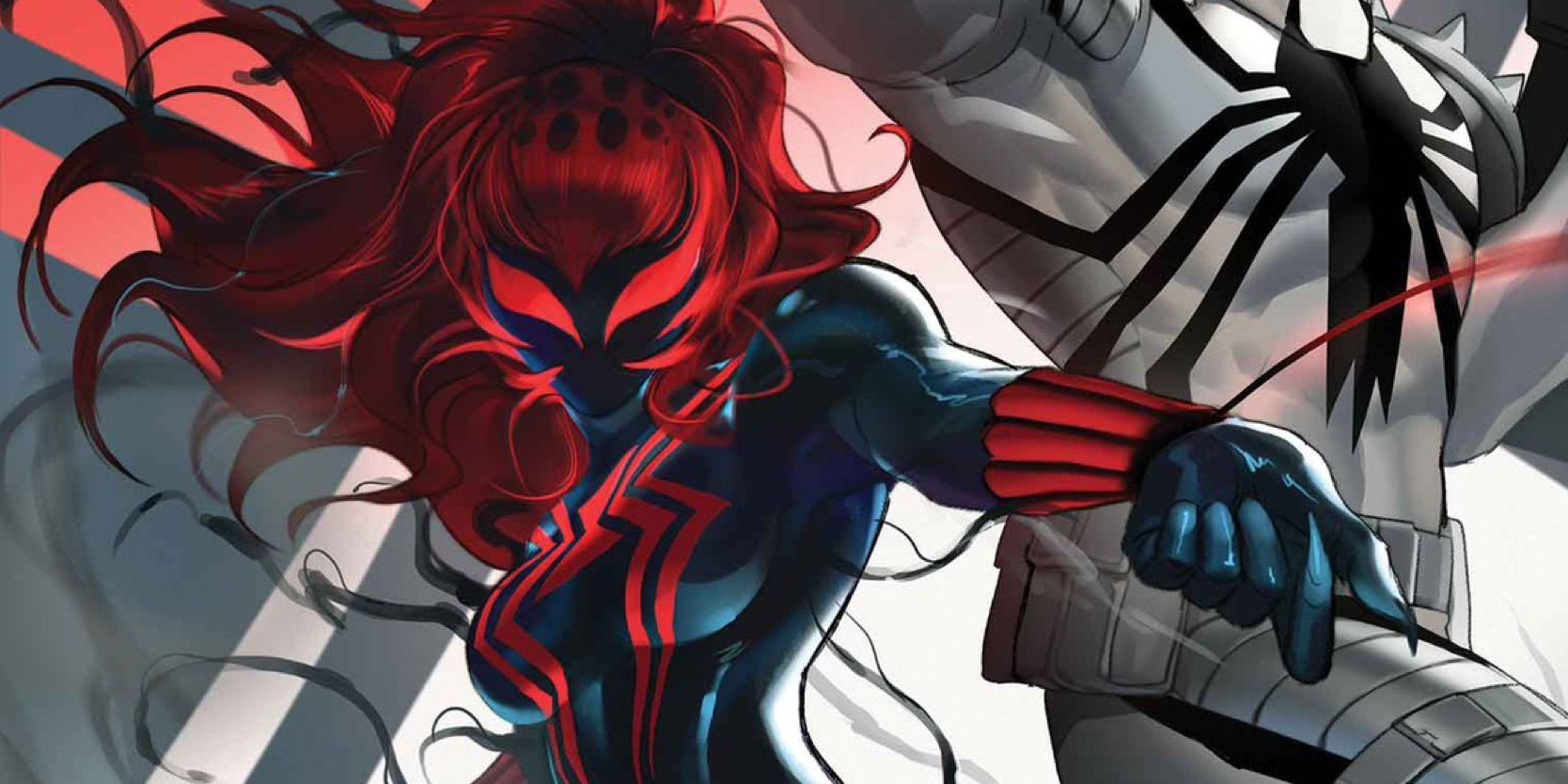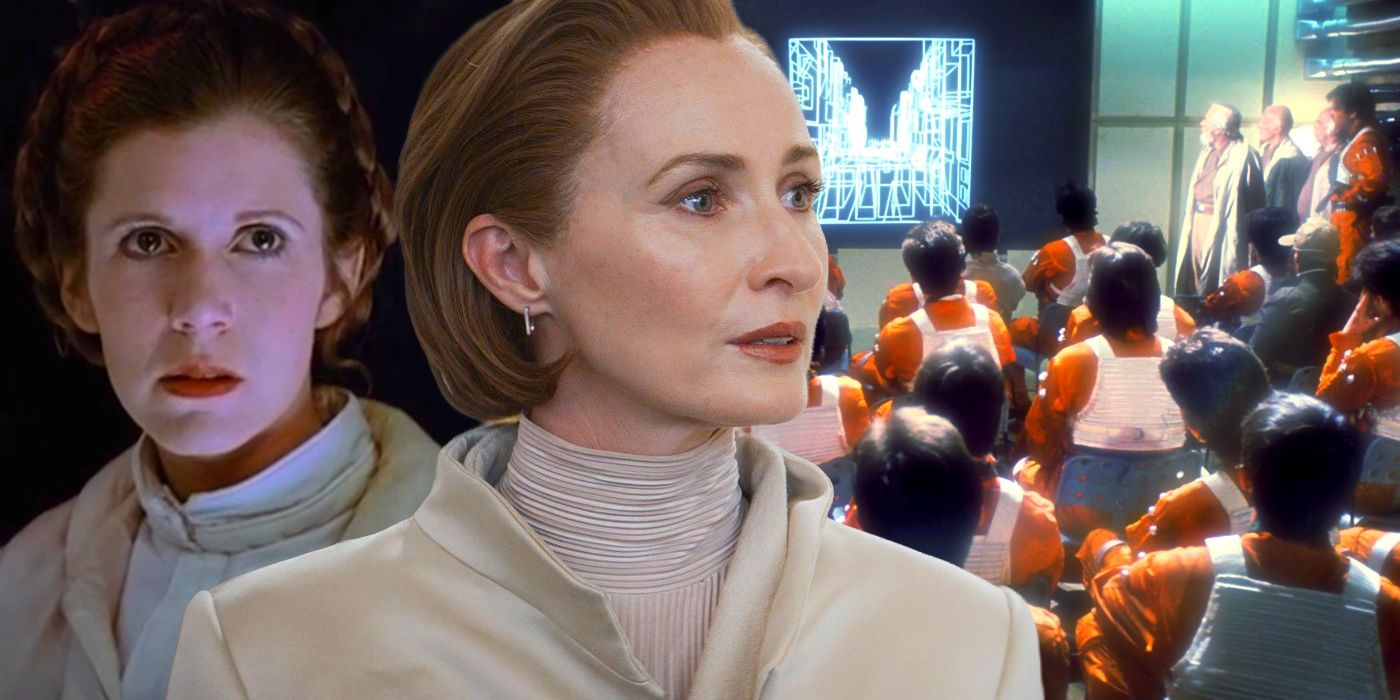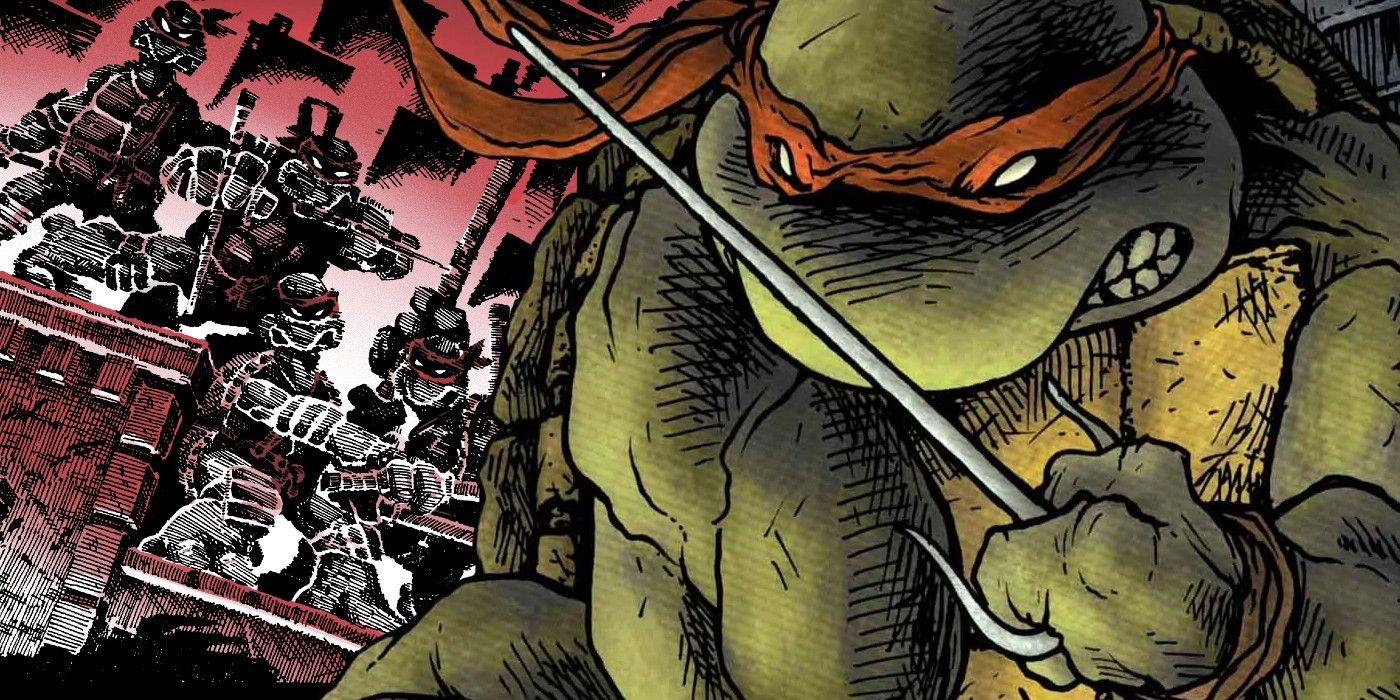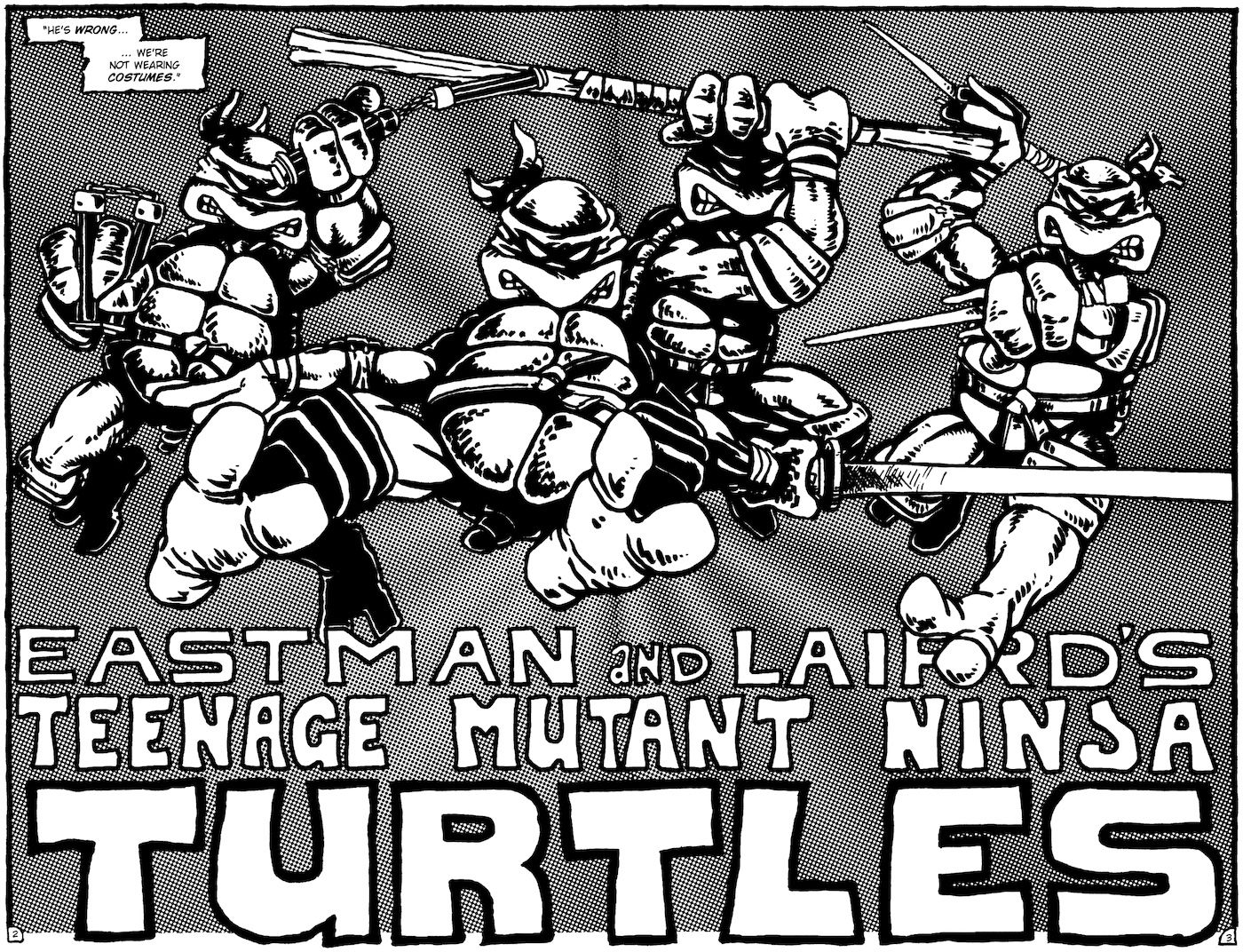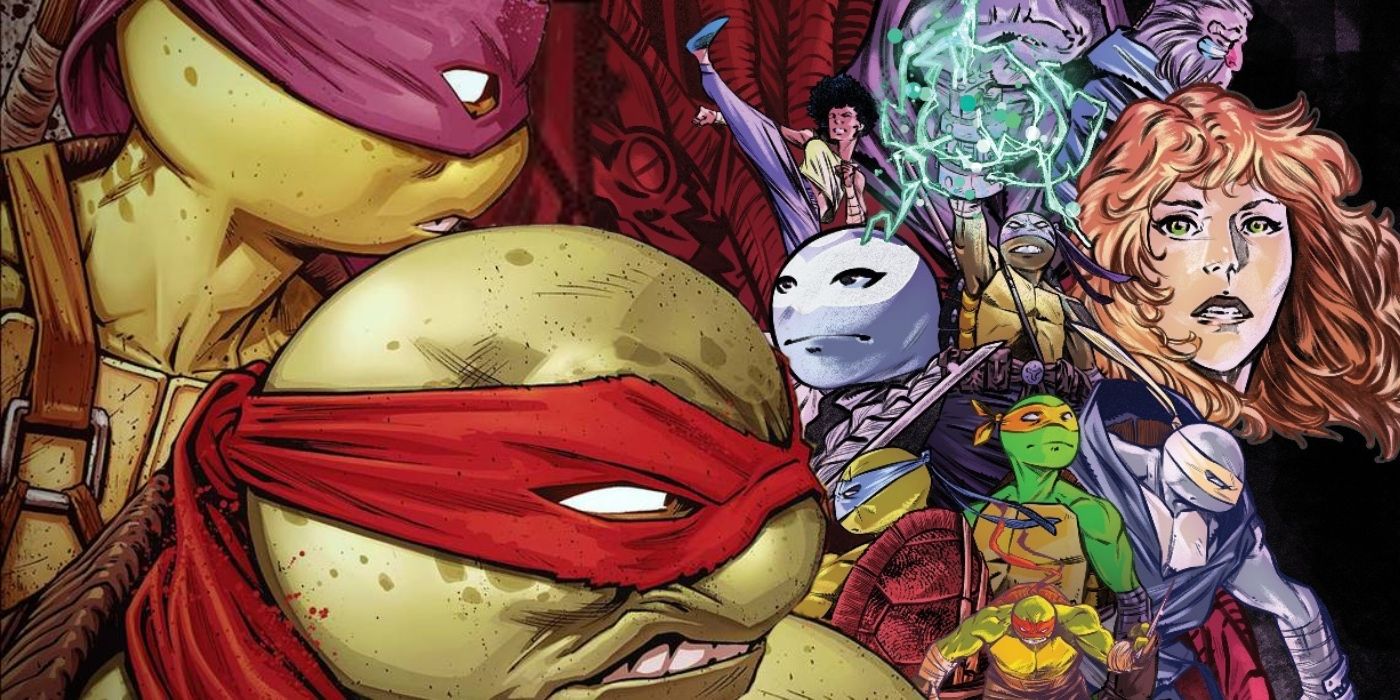Summary
- The Teenage Mutant Ninja Turtles have stayed relevant by constantly reinventing themselves across different genres and media.
- The Turtles' parody roots, borrowing from popular works, have added to their versatility and familiarity over the years.
- At its core, TMNT is about family and relatable experiences, ensuring their timeless appeal to generations of fans.
Since their creation by Kevin Eastman and Peter Laird, the Teenage Mutant Ninja Turtles have been one of the most successful properties in independent comics. Currently celebrating their 30th anniversary, the Heroes In a Half-Shell are in safe hands at IDW Publishing, and their creative team have made the case for the team's enduring relevance.
The Teenage Mutant Ninja Turtles were originally created by Eastman and Laird as a parody of Frank Miller's Daredevil work. Published under Mirage Studios, all of the book's core elements were fun plays on Marvel's hero, replacing his villains, the Hand, with the Foot Clan. Modern fans of the property may know them for anything from their Saturday-morning cartoon history to the movies, as well as their enduring popularity in comics.
Recently, creators working on the TMNT series for IDW, Erik Burnham, Vincenzo Federici, Sarah Myer, Fero Pe and Tom Waltz, recently explained in an interview with CBR the timeless relevance of the franchise. As Burnham says, TMNT's enduring popularity is due, in part, to the fact that it is "an endlessly malleable property."
Why The Turtles Have Remained Relevant For So Long
When commenting on the genre versatility of Eastman and Laird's world, Burnham stated, "Can you do fantasy? Yes. Horror? Yes. Drama? Comedy? Science fiction? All yes." Federici continued his own thoughts, noting, "The Turtles are always contemporary teenagers, in every age. And, last but not least, they are a perfect model of inclusiveness!" In essence, the heroes remain relevant because they're always being reinvented for the next generation, while appealing to fans of a variety of genres.
The Turtles have been adapted across media, from movies and comics to TV shows and games over four decades, making versatility and malleability key. Part of the reason the characters themselves maintain relevance is their individuality and distinct personalities. As Fero Pe explained, "I think it is because it is very easy for anyone to identify with them, regardless of whether they are young or old, boys or girls, or of any race or country. And that we can also choose a favorite Turtle according to our personality." This choice between four very different personas, coupled with the fact they aren't human, means anyone can see themselves in any Turtle.
The TMNT's Parody Roots Help Make Them Versatile
When Eastman and Laird created the Turtles, the choice to use Daredevil for inspiration meant the heroes were riding the success of one of the most acclaimed comic runs of the '80s. In the years since, the Turtles have found great success in borrowing from other stories, with Eastman and Laird famously turning in The Last Ronin, a not-so-subtle nod to Frank Miller and Klaus Janson's The Dark Knight Returns. Throughout their adventures, they've borrowed everything from cyberpunk to Japanese anime and manga, ensuring there's always something familiar in the mix.
When all is said and done, the Turtles are about family. As Tom Waltz explained in the interview with CBR, "At its core, TMNT is about family... about the everyday struggles, successes, failures, tragedies, celebrations, etc., that come with a family. That's a timeless trope." Just as shooting for simple, relatable experiences has worked out for Spider-Man, it has done wonders for the Turtles. All in all, it's a combination of genre versatility, relatable heroes and the core element of family and community that keeps the Teenage Mutant Ninja Turtles franchise relevant for every generation, no matter who's reading.
Source: CBR
Teenage Mutant Ninja Turtles
Teenage Mutant Ninja Turtles (TMNT) is a multi-media franchise that began with Kevin Eastman and Peter Laird’s comics in the 1980s. Throughout the years, their comic books expanded to movies, TV shows, video games, and toys. Most notably, the animated Teenage Mutant Ninja Turtles ran for nearly a decade and has become a nostalgic staple of the ‘80s and ‘90s. Several other movies have featured the four anthropomorphic turtle brothers (Leonardo, Michelangelo, Donatello, and Raphael), including the trilogy of live-action films in the ‘90s and the more recent movies Teenage Mutant Ninja Turtles and its sequel Teenage Mutant Ninja Turtles: Out of the Shadows.


